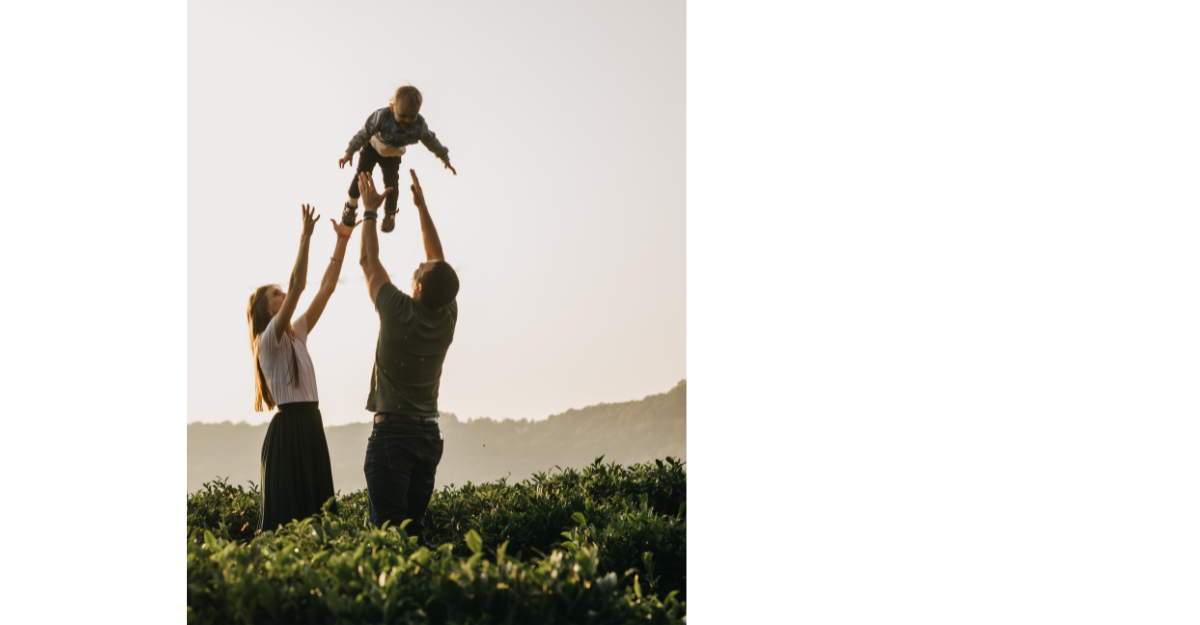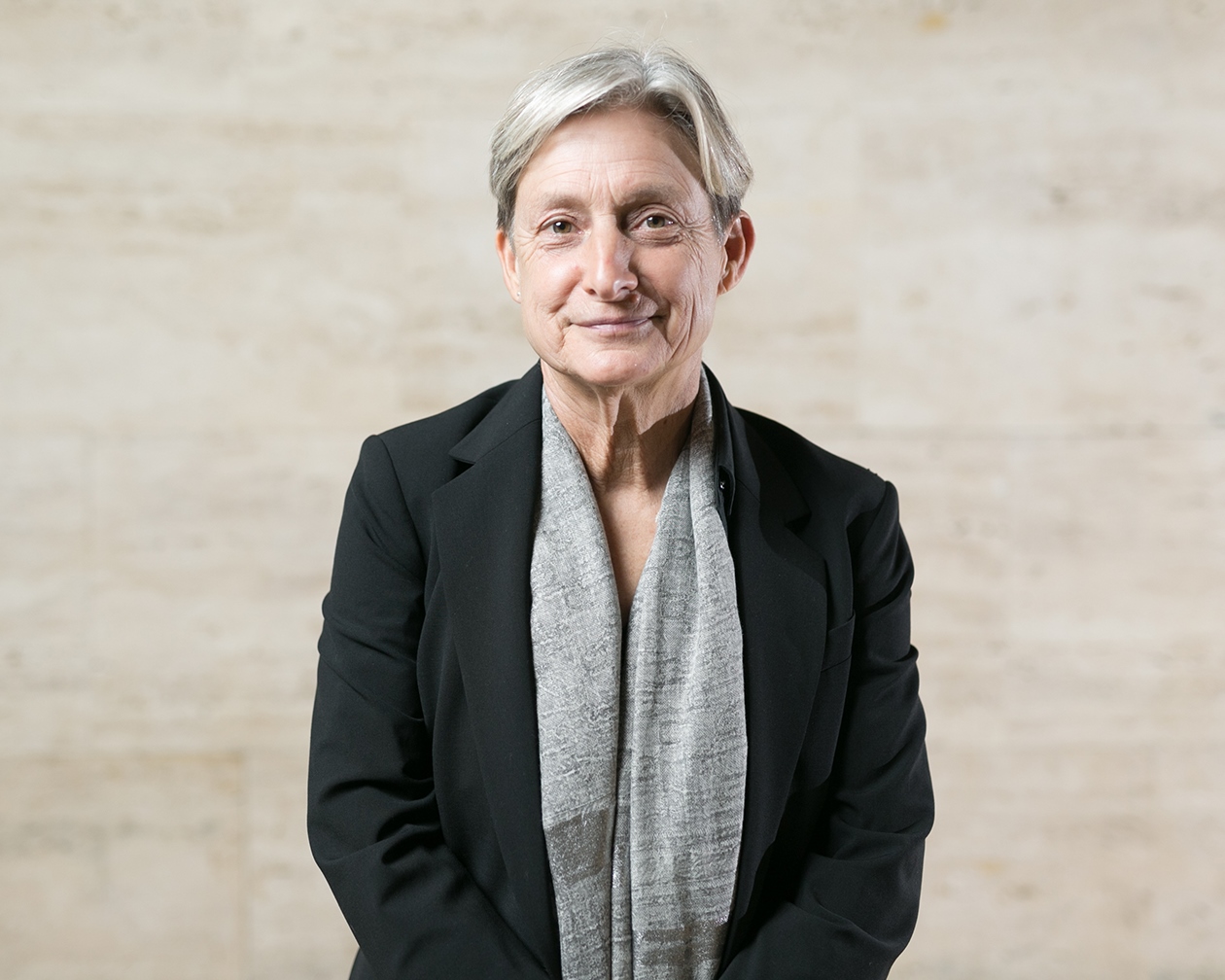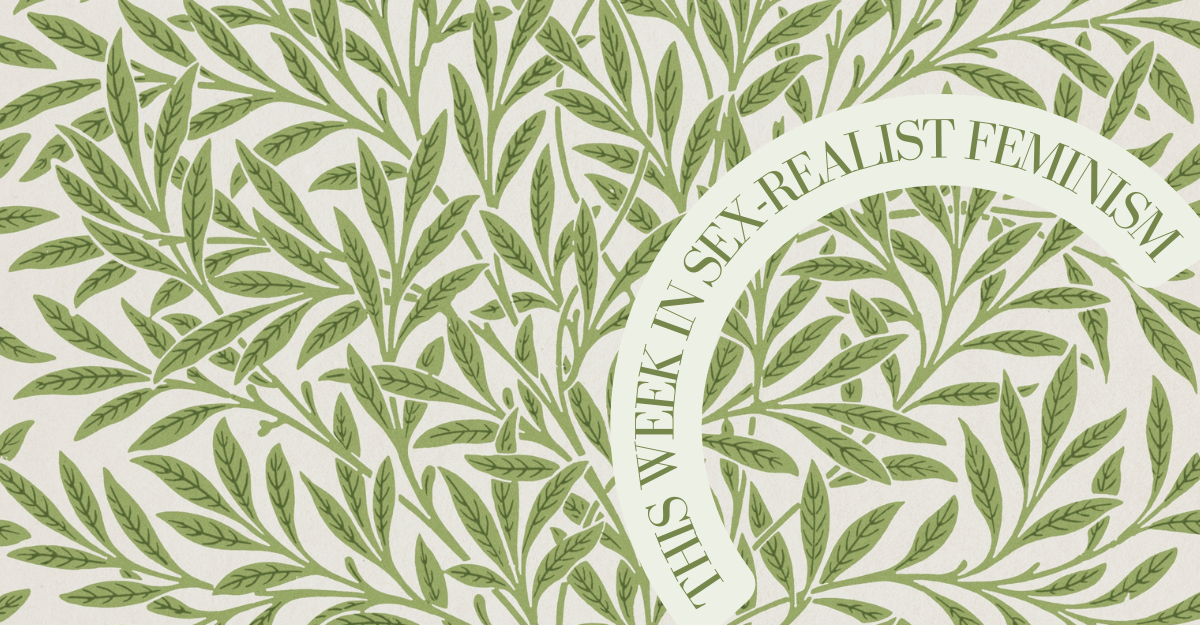Welcome to the weekly Fairer Disputations round-up: your one-stop shop for the best in sex-realist feminism. This week, we bring you Ivana Greco on the need for homemakers and supportive breadwinners, Nina Power on what Judith Butler has to answer for, the demise of the babysitter, the erasure of girlhood, the state of dating apps, a book recommendation from our editor, Serena Sigillito—and more!
The Value of Homemaking
First, Featured Author Ivana Greco reviews Tim Carney’s Family Unfriendly—and in doing so, discusses modern feminism’s failures to value the work of homemaking.

Ivana Greco
The role of homemakers is deeply important—and it is made possible by the breadwinners who support them. As a society we should do a better job of recognizing both halves of this important dynamic.

Families still need help caring for their kids. Teens still need money, and chances to practice responsibility. And neighbors could stand to trust one another more—to start building their village. That won’t look just like it did in 1950, but that’s for the best.
Faith Hill
Perhaps we’ll find a way to finally treat adolescents as just what they are: not children and not adults, not scary and not superhuman. Just young people who, with a bit of support, can be capable of a great deal.
Don’t Tell America The Babysitter’s Dead
Next, Faith Hill reports the death of the American babysitter, a trend driven by the rise of “intensive parenting” and, with it, the tendency to view teens as themselves in need of watching.
The Pope of Gender
Finally, in Compact, Featured Author Nina Power reviews Judith Butler’s new book. Butler has “presided over the attempted eradication of sex as a fundamental category.” Yet Power points out that Butler refuses to acknowledge any flaws in gender ideology, while tarring the motives of her opponents. (Note: this piece is paywalled.)

The relationship between ideas and their effect on the world is complicated. But we can, and must, hold Butler responsible for some of the absurdities and horrors of the recent past and present. An honorable thinker would admit where their ideas have caused harm and seek to make amends; a vain and cowardly one seeks to demonize everyone else rather than face the truth.
Nina Power
More Great Reads:
- How TikTok Is Erasing Girlhood, Poppy Sowerby, UnHerd
- You Can’t Buy An Authentic Self, Freya India, Quillette
- Some Girls Really, Really Want Out, Eliza Mondegreen, gender:hacked
- Strip-Mining Children, Mary Harrington, Reactionary Feminist
- Would We All Be Happier as Tradwives?, Haley Stewart, Haley Stewart’s Newsletter
- It’s Not You: Dating Apps are Getting Worse, Magdalene J. Taylor, The New York Times
- Do Large Families Hold the Key to Reversing Birth Rates?, Carmel Richardson, The American Conservative
What I’m Reading: Serena Sigillito

The articles we publish and share often focus around the embattled, politically charged, emotionally fraught consequences of embodiment and sexual difference. If this sort of content makes up a large part of your media diet, my reading recommendation might be a good palate cleanser for you. In Life in Five Senses: How Exploring the Senses Got Me Out of My Head and Into the World, Gretchen Rubin explores embodiment in a refreshingly apolitical way. She chronicles her quest to live a fuller, richer life by consciously learning to tune into each of the five senses. She shares lots of interesting tidbits from scientific research, philosophical texts, literature, and the works of art at the Metropolitan Museum of Art, which she visited daily for an entire year, along with practical suggestions for how to become more attentive to your own body—and to the world that surrounds it.



